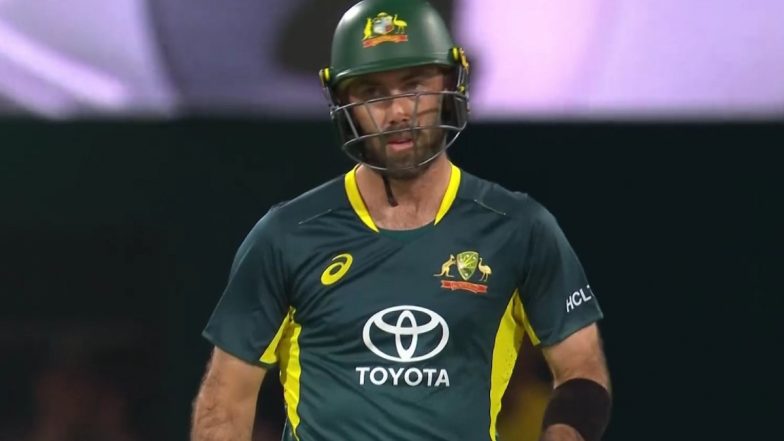Border Gavaskar Trophy: More than just the cricket on the field, the downtime could be decisive | Cricket News – Times of India

It’s the first time that the Border Gavaskar Trophy (BGT) will be contested over five Tests, and though it’s just one match more than the four-Test series contested between India and Australia in the past few editions, both mental and physical challenges can wear players down and affect performances in a long series, which makes optimum utilization of downtime essential for lasting improvement and success.
The endurance part is a little bit easier for the home team players who are familiar with the conditions and can hop home between games to rejuvenate, but the visiting teams don’t have that privilege — making downtime planning integral to their off-the-field plans.
The definition of downtime in sports has evolved since Covid struck the world, making mental health as important as physical health after two torturing years in the bubble.
While the body uses the rest to understand, learn and improve upon the physical needs based on the individual’s workload on match-days, the mind relaxes being off the sport, not thinking about its related targets, training goals, personal achievements, objectives, results, etc. While the latter part is tough, especially for young players, its continuity helps understand its importance.
When England visited India for a five-Test series earlier this year, there was an extended break between the second and third Tests, when the visiting team decided to unwind in Abu Dhabi with their families without any cricket activities.
Speaking about it to TalkSPORT at that time, England coach Brendon McCullum had said: “I was speaking to (then India coach) Rahul Dravid this morning. I sort of asked him what they were going to do after this Test match. He said they were all going to head home and have a bit of a break. For us, home is a long way away.”
“Two intense Test matches, for us it’s about refreshing the mental side of things and making sure we come back and put our best foot forward in the next Test match,” he added.
Similarly, before the fifth Test of that series, groups of England players relaxed in Bengaluru and Chandigarh.
India, like on every long overseas tour, will face a similar situation in Australia.
The coming BGT begins in Perth on November 22. By the time, India enter the field at the Optus Stadium, they would have already spent more than 10 days of acclimatization and training in Australia.
In total the team will be on tour Down Under for 57 days, which is just three days shy of two months, if the fifth Test in Sydney (January 3-7, 2025) goes the distance.
While the squad helmed by head coach Gautam Gambhir must have planned and taken care of that aspect of the tour, the extended breaks before the second and fourth Test are two windows India can target to make the most of their downtime and rejuvenate both mentally and physically to stay in shape.
INDIA’S FIXTURES
1st Test: November 22-26, Perth
Practice Game: November 30 – Decmeber 1, Canberra
2nd Test: December 6-10, Adelaide
3rd Test: December 14-18, Brisbane
4th Test: December 26-30, Melbourne
5th Test: January 3-7 (2025), Sydney
India, who are coming into the BGT after an embarrassing 0-3 whitewash in a Test series at home against New Zealand, need to win four of the five Tests in Australia to outrightly qualify for the final of the World Test Championship.
Related
Pakistan Under-19 vs Afghanistan Under-19 Live Score: Match 4 of…
Pakistan Under-19 vs Afghanistan Under-19 Live Score: Welcome to the live coverage of Match 4 of Afghanistan Under-19 and Pakistan Under-19 tour of UAE, 2024. M
India withdraw from T20 Blind Cricket World Cup in Pakistan
The Cricket Association for the Blind in India (CABI) on Wednesday announced that it is pulling the team out of the fourth edition of the T20 Blind Cricket Worl
Glenn Maxwell Likely To Be out of Cricket Action for…
Mumbai, November 20: Australia's veteran all-rounder Glenn Maxwell faced a significant setback after scans revealed a grade two tear in
Agarkar told to stay in Australia; Kohli, Rohit to be…
Ajit Agarkar, the BCCI chairman of selectors, has been asked by the board to stay back in Australia and work on a plan that properly chalks out the future of











